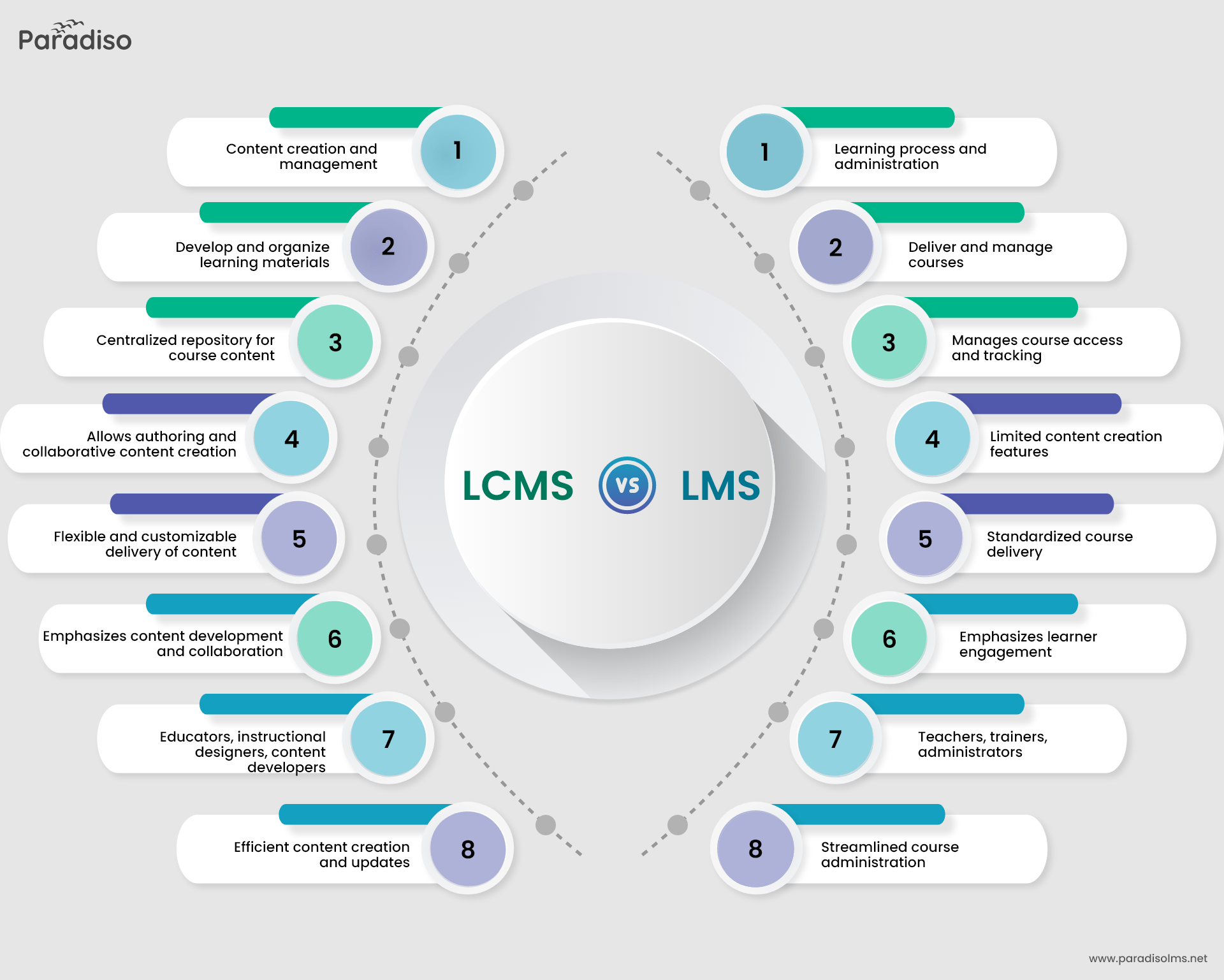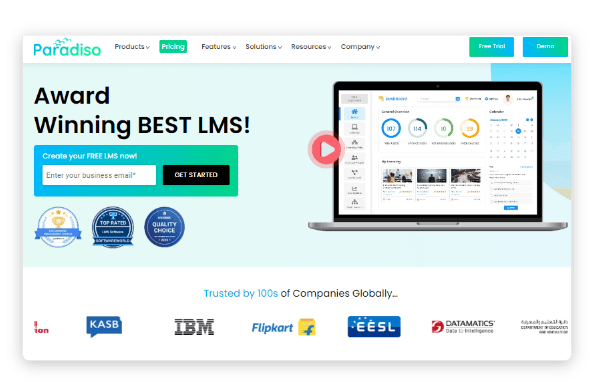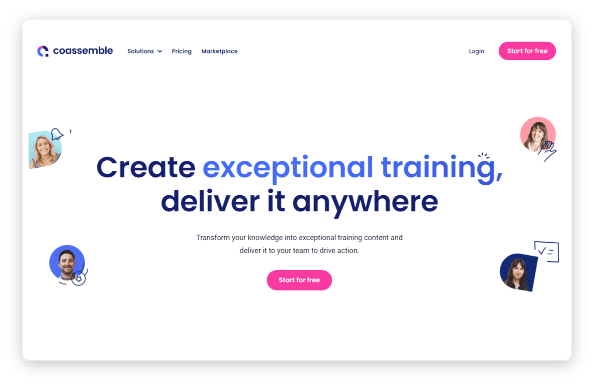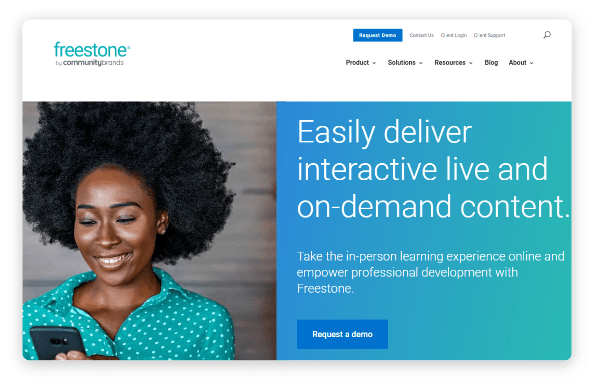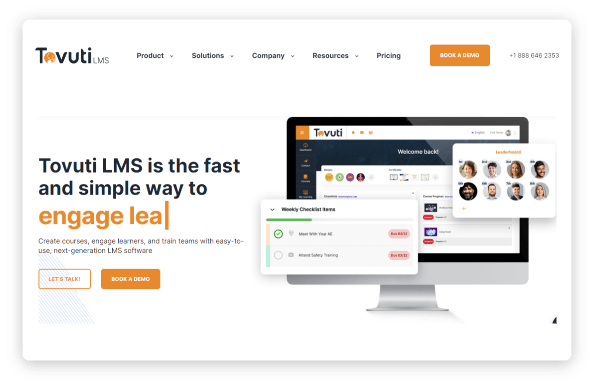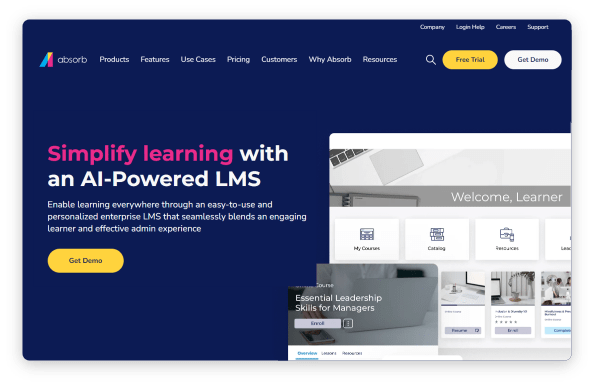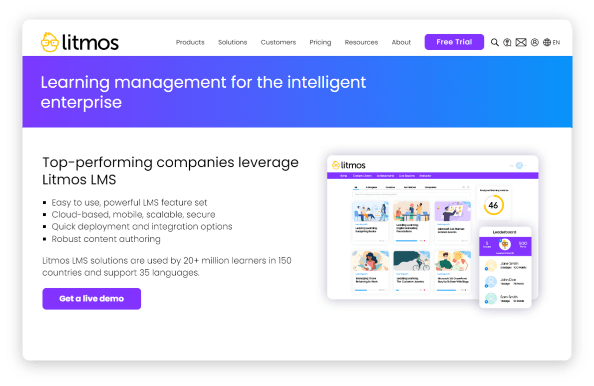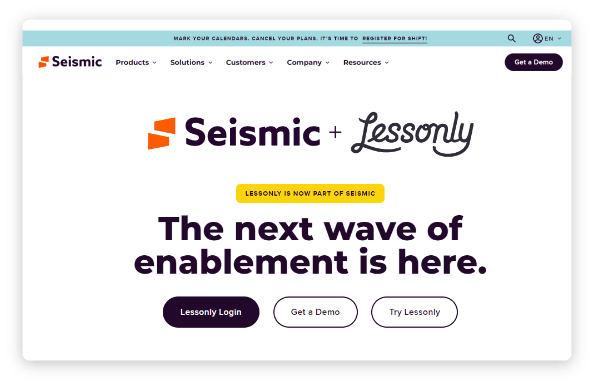What if there was a powerful tool that could revolutionize the way we create, manage, and deliver learning materials? Well, look no further, because in today’s fast-paced digital age, Learning Content Management Systems (LCMS) have emerged as the ultimate solution to streamline the process of organizing and disseminating educational content. Whether you’re an educator, trainer, or corporate professional, understanding what an LCMS is and how it can benefit you is crucial in staying ahead in the world of learning and development.
A Learning Content Management System (LCMS) is a dynamic platform designed to facilitate the creation, storage, organization, and distribution of educational content in various formats. Unlike traditional Learning Management Systems (LMS) that primarily focus on delivering content, an LCMS takes a step further by providing comprehensive authoring and content management capabilities. It empowers content creators to collaboratively develop engaging courses, seamlessly update existing materials and efficiently publish content across different learning channels. With the ever-increasing demand for personalized and interactive learning experiences, diving into the realm of LCMS opens a world of possibilities, enhancing learner engagement, and ultimately leading to more effective and impactful learning journeys.
In this blog, we’ll explore the key features, benefits, and best practices of using a Learning Content Management System, shedding light on why it’s a game-changer for educators, trainers, and learners alike.


